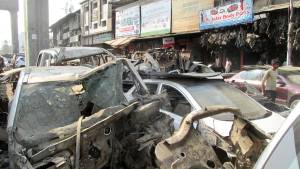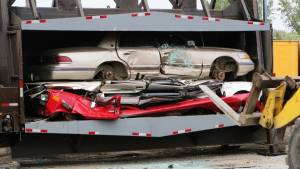Vehicle Scrappage Policy - Views of Gautam Sen, Vice President - FIVA
The soon to be introduced scrappage policy has put a question mark on the future of historical and classic vehicles in India. Overdrive's Consulting Editor Bob Rupani spoke with Gautam Sen, Vice President - Communication, FIVA (Fédération Internaionale des Véhicules Anciens) to try and understand the possible future scenario and solutions.
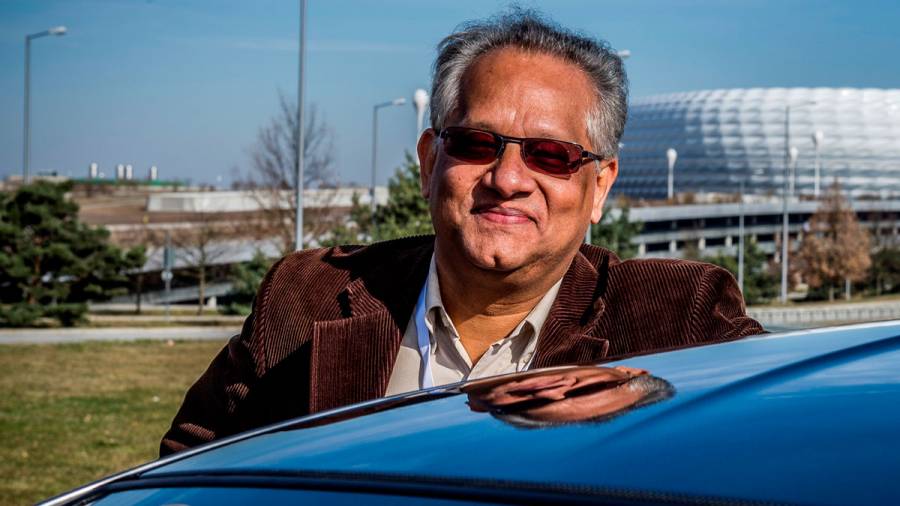 Gautam Sen is a pioneering Indian automobile journalist and Vice President - Communication, FIVA
Gautam Sen is a pioneering Indian automobile journalist and Vice President - Communication, FIVA
Bob Rupani - The government of India will soon be introducing a "Scrappage Policy". What do you think of this and will it benefit the Indian automobile industry?
Gautam Sen - I have considerable doubts of the efficacy of the "Scrappage Policy" in benefitting the automobile industry in India. Developed markets like Europe, North America and Japan have all had "voluntary vehicle scrappage" systems for years now, yet it has not had any positive impact in any of these countries. The United Kingdom, which has pushed voluntary scrappage schemes for the last few years, has seen four-wheeler vehicle sales drop over 12 percent over two years.
The only time "voluntary scrappage policies" have worked is when there have been significant incentives provided by the government. For instance, when several European countries introduced the concept of "cash for clunkers," a phrase to describe a system of scrappage of older vehicles, replacing them with newer, "cleaner" cars, with cash incentives doled out by the government, it did work. This was done after the 2007-2008 financial crisis. But the recovery came at a price though: it cost the British exchequer $500 million (Rs 3,500 crores), the French $554 million (Rs 3,870 crores), $3 billion (Rs 21,000 crores) for the Spanish and a whopping $7.1 billion (Rs 50,000 crores) for the Germans!
The only place scrappage policies may have benefitted the industry is China, where scrappage is compulsory. But then China is not a democracy. Compulsory scrappage would be against the very notion of democracy and free choice.
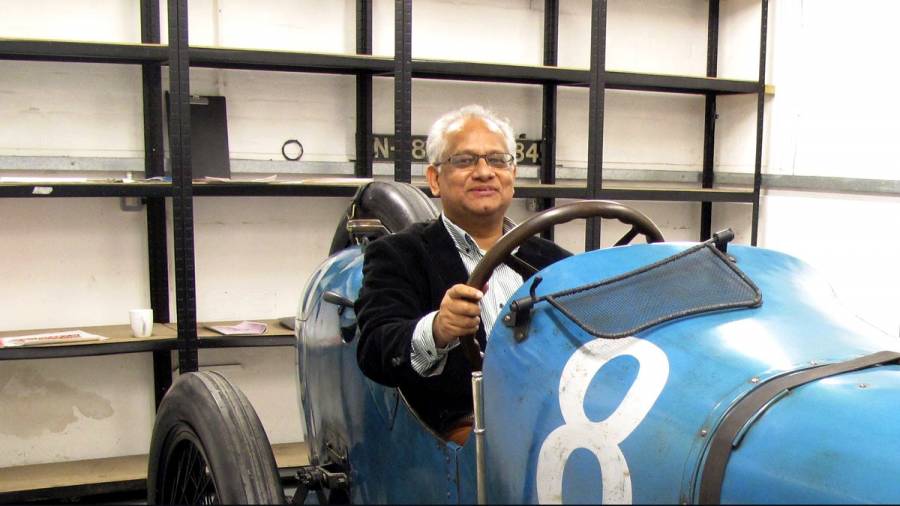 Sen has attended historic car events all over the world and is very closely associated with the movement globally
Sen has attended historic car events all over the world and is very closely associated with the movement globally
BR - Can the scrappage policy actually help reduce pollution and improve our overall air quality?
GS - Very doubtful. Scrappage policies at best can replace slightly more polluting vehicles with slightly less (as long as most of the industry makes vehicles which are fossil-fuelled) ones.
The most effective way to improve air quality in cities is to switch intra-city public transport to zero emission vehicles. For instance, in Beijing, 3% of the vehicles used for public transport (buses, taxis, light trucks) used to contribute to 38% of vehicular pollution in the city as these vehicles are constantly in use, whereas private vehicles are parked most of the time. By switching public transport to EVs (electric vehicles), vehicular pollution in Beijing dropped by over two-fifths. This has nothing to do with scrappage.
 He has also authored many highly acclaimed books on automobiles
He has also authored many highly acclaimed books on automobiles
BR - From what we know historical cars that are over 50 years old, maybe exempted from being scrapped. What are your views on this?
GS - Who says that historical cars are just the ones over 50? As per the international norm and the association Fédération Internaionale des Véhicules Anciens (FIVA), the international federation for classic and vintage cars, all vehicles above the age of 30 are historic, and this could very well become the definition as accepted by UNESCO. As the "Scrappage Policy" in India is voluntary, hopefully collectors and intelligent people will have the sense not to scrap any vehicle which is more than 30 years old, as these vehicles are part of India's and mankind's, industrial and cultural heritage. Moreover, these vehicles, in time grow in value, so it would be idiotic for individuals and for the nation to destroy these vehicles.
It has been argued by several economists over time that it is economically inefficient to destroy anything, including cars, in an attempt to stimulate the economy, likening it to the "broken window fallacy": the illusion that destruction and money spent in recovery from destruction, is a net benefit to society. A broader application of this fallacy is the general tendency to overlook opportunity costs or that which is unseen, either in a financial sense or otherwise.
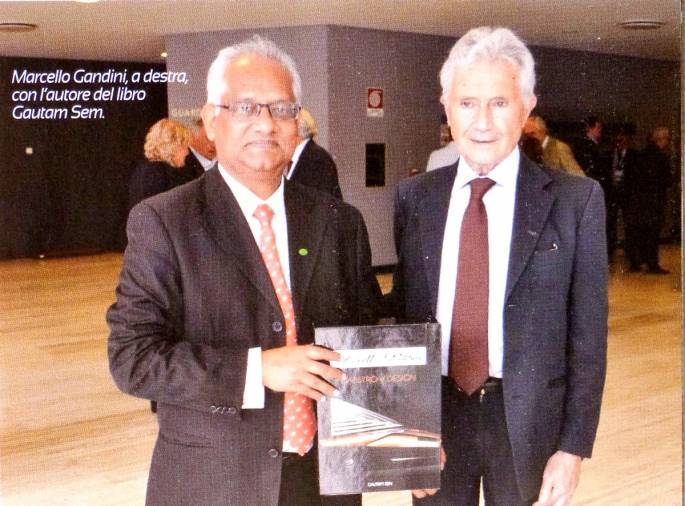 Sen has written the award winning "Marcello Gandini- Maestro of Design", and here he is presenting the book to the auto design legend himself
Sen has written the award winning "Marcello Gandini- Maestro of Design", and here he is presenting the book to the auto design legend himself
BR - The famed Cartier Concourse D' Elegance event introduced a special "Indian Heritage Class", which increased the popularity of made in India classic cars. And now we have many Fiat, Ambassador and even Contessa Club's, and so on. In case the limit is set to 50 years, what happens to these historic cars that are not so old? It will obviously also mean the scrapping of the iconic Maruti Suzuki SS 80, which started the auto revolution in India? Your views on this?
GS - As I mentioned before, both the government and certain elements in the historic vehicle movement are thinking within very narrow parameters of protecting expensive, imported vehicles, forgetting altogether the nation's own industrial heritage. Not only is this attitude selfish and self-serving, it's eventually destroying what we as a nation have built up with our own hard work, sweat and toil. The government it seems has been very poorly advised on this.
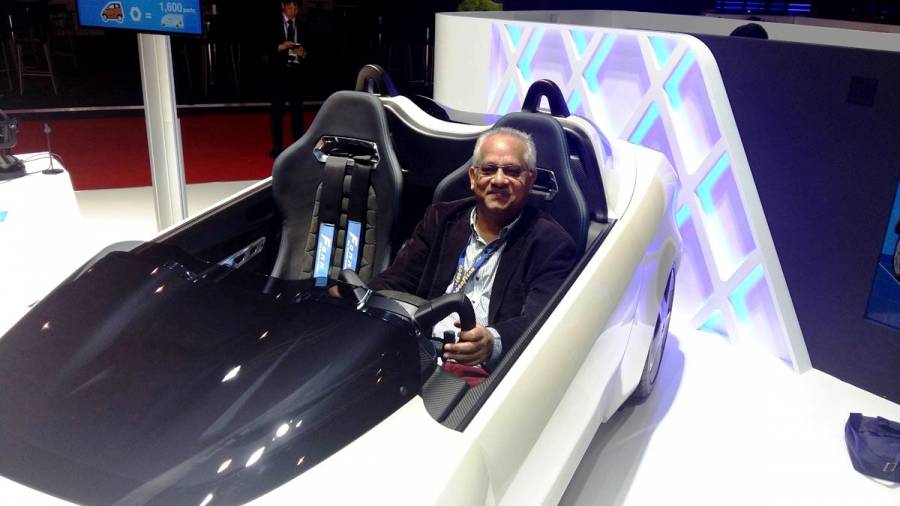 Sen is a regular at most international motor shows
Sen is a regular at most international motor shows
BR - What in your view is an appropriate scrappage policy for India that will also cater to the interest of car collectors and classic car enthusiasts?
GS - Everywhere in the developed democratic world, a normal, non-incentivized scrappage system exists where old vehicles whose repair costs get to be higher than their value, are brought to "scrapyards," where they are available either for breakage and spare parts or are available as a complete vehicle for those who may be interested in getting the car back on the road at their cost and effort. These vehicles of course have to meet the safety norms for regular street use (like the MOT). Why not follow such a well-established system, of natural market forces dictating the "value" of the vehicle, and allowing for "opportunity costs" in restoring/saving some of them for posterity?
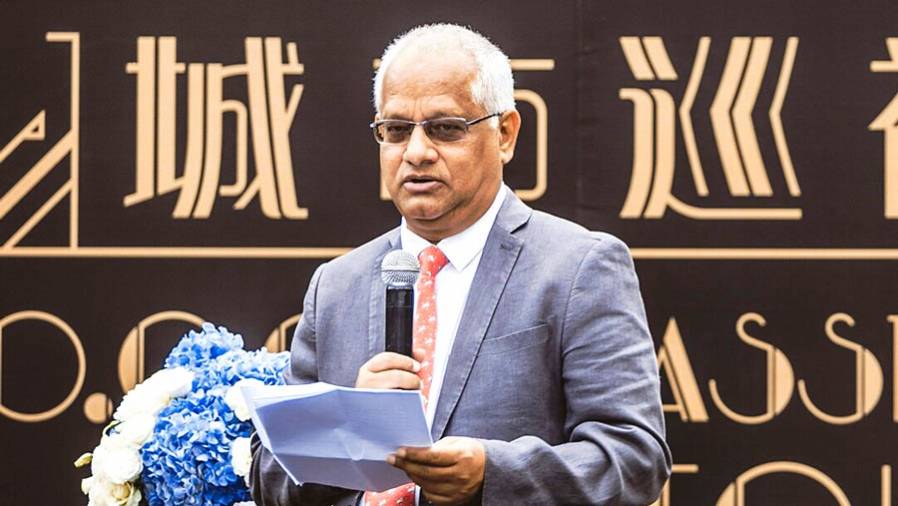 And he is also invited to speak at many international seminars and events
And he is also invited to speak at many international seminars and events
Also see:
Vehicle Scrappage Policy - is it as good as it sounds?
Vehicle Scrappage Policy - Views of Dr. Ravi Prakash, President, FHVI
Vehicle Scrappage Policy - Views of Diljeet Titus, General Secretary HMCI
Vehicle Scrappage Policy - Views of auto historian Manvendra Singh Barwani
Vehicle Scrappage Policy - Views of Dr. Anjan Chatterjee, Secretary CIVAA
Vehicle Scrappage Policy - Views of T.Thakral, Heritage Transport Museum
Vehicle Scrappage Policy - Views of Ranjit Pratap, President HCAI
Vehicle Scrappage Policy - Views of T. R. Raghunandan, Ex-IAS officer
Vehicle Scrappage Policy - the complete picture - all you need to know
